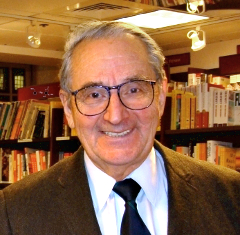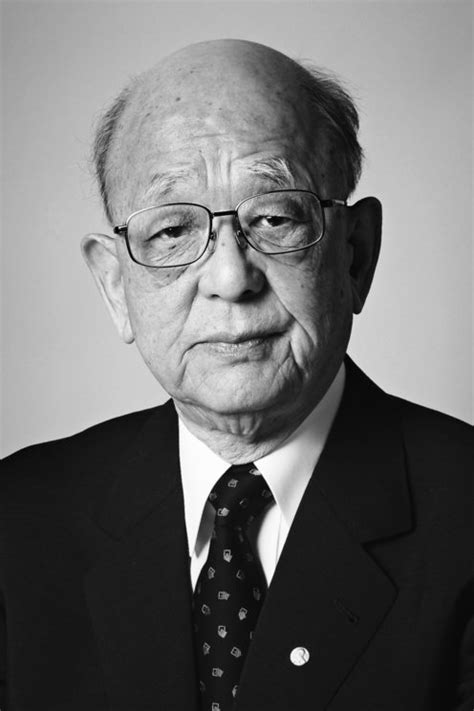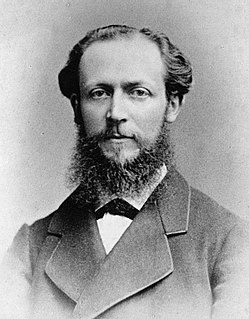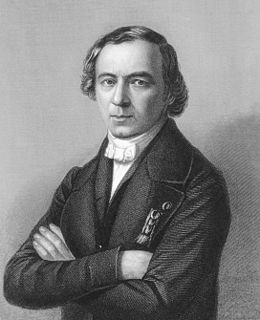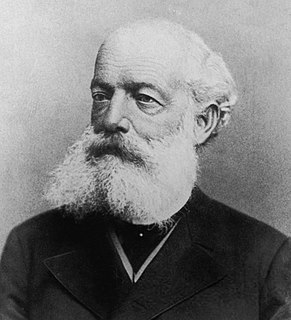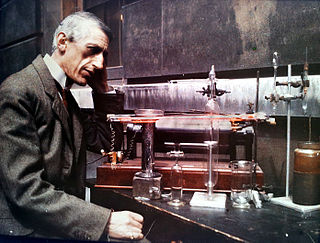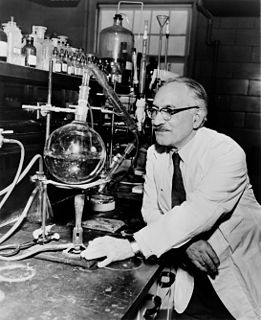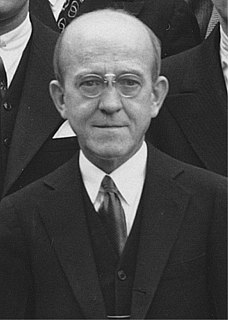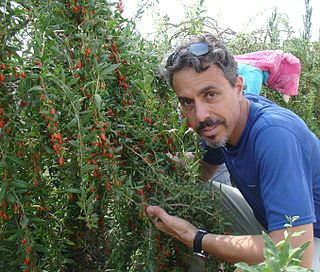A Quote by Donald Cram
Few scientists acquainted with the chemistry of biological systems at the molecular level can avoid being inspired. Evolution has produced chemical compounds exquisitely organized to accomplish the most complicated and delicate of tasks. Many organic chemists viewing crystal structures of enzyme systems or nucleic acids and knowing the marvels of specificity of the immune systems must dream of designing and synthesizing simpler organic compounds that imitate working features of these naturally occurring compounds.
Quote Topics
Accomplish
Acquainted
Avoid
Being
Biological
Chemical
Chemical Compounds
Chemistry
Complicated
Compounds
Crystal
Delicate
Designing
Dream
Evolution
Features
Few
Imitate
Immune
Immune System
Inspired
Knowing
Level
Many
Molecular
Most
Must
Naturally
Organic
Organic Compounds
Organized
Produced
Scientists
Simpler
Specificity
Structures
Systems
Tasks
Viewing
Working
Related Quotes
I think chemistry is being frittered away by the hairsplitting of the organic chemists; we have new compounds discovered, which scarcely differ from the known ones and when discovered are valueless-very illustrations perhaps of their refinements in analysis, but very little aiding the progress of true science.
It is, I believe, justifiable to make the generalization that anything an organic chemist can synthesize can be made without him. All he does is increase the probability that given reactions will 'go.' So it is quite reasonable to assume that given sufficient time and proper conditions, nucleotides, amino acids, proteins, and nucleic acids will arise by reactions that, though less probable, are as inevitable as those by which the organic chemist fulfills his predictions. So why not self-duplicating virus-like systems capable of further evolution?
There are, in fact, very few organic zinc compounds; only the first members of the series, which correspond to the simplest organic radicals, can be prepared without too much difficulty, but they have the disadvantage of being spontaneously inflammable in air and are consequently very dangerous to handle.

